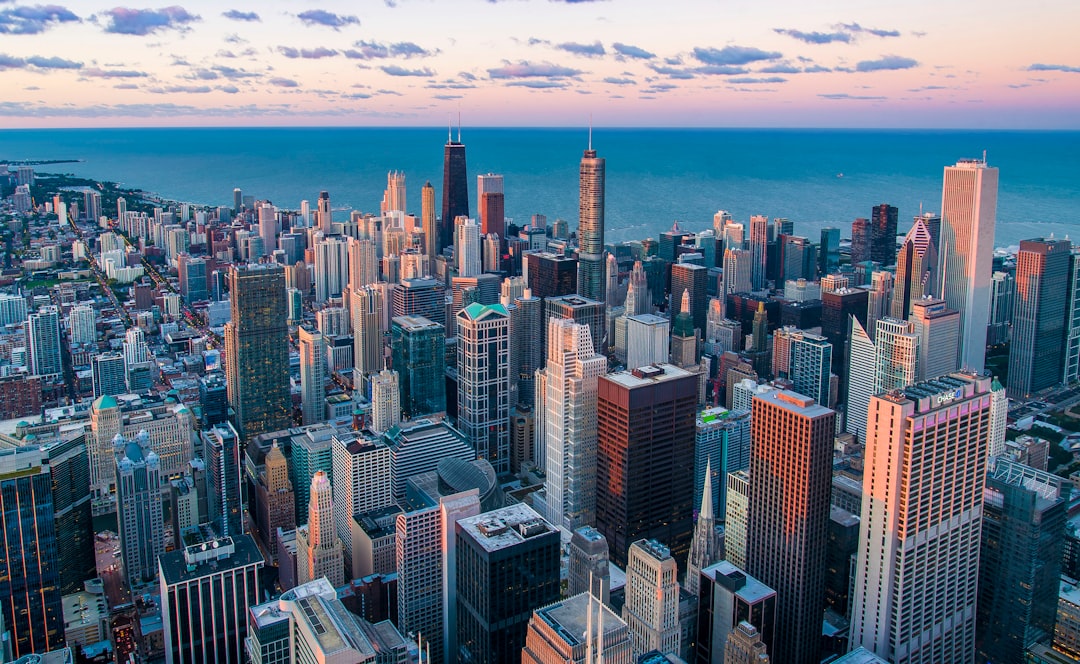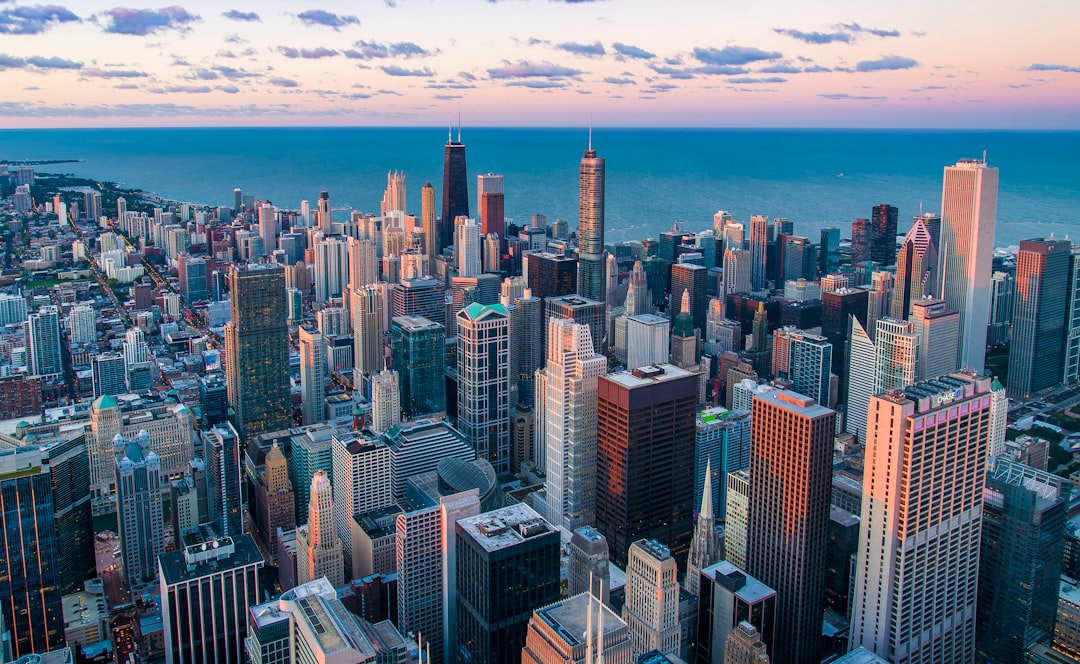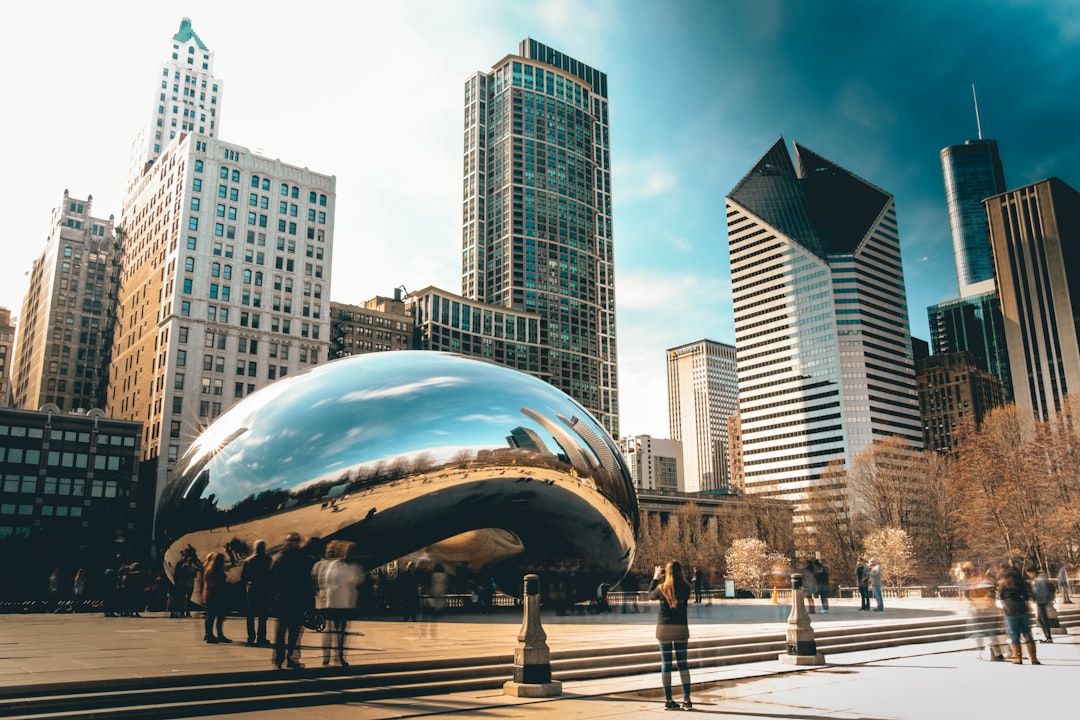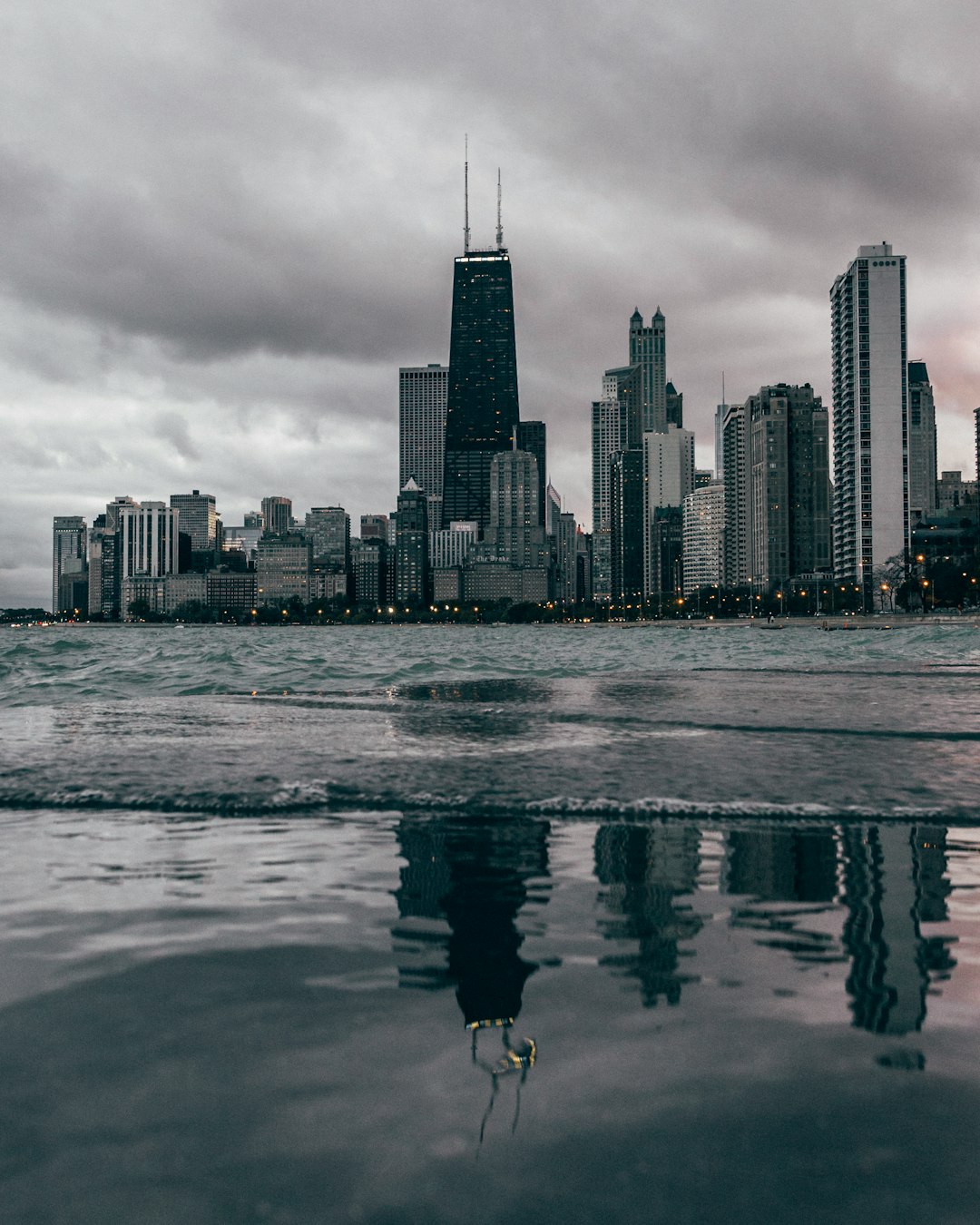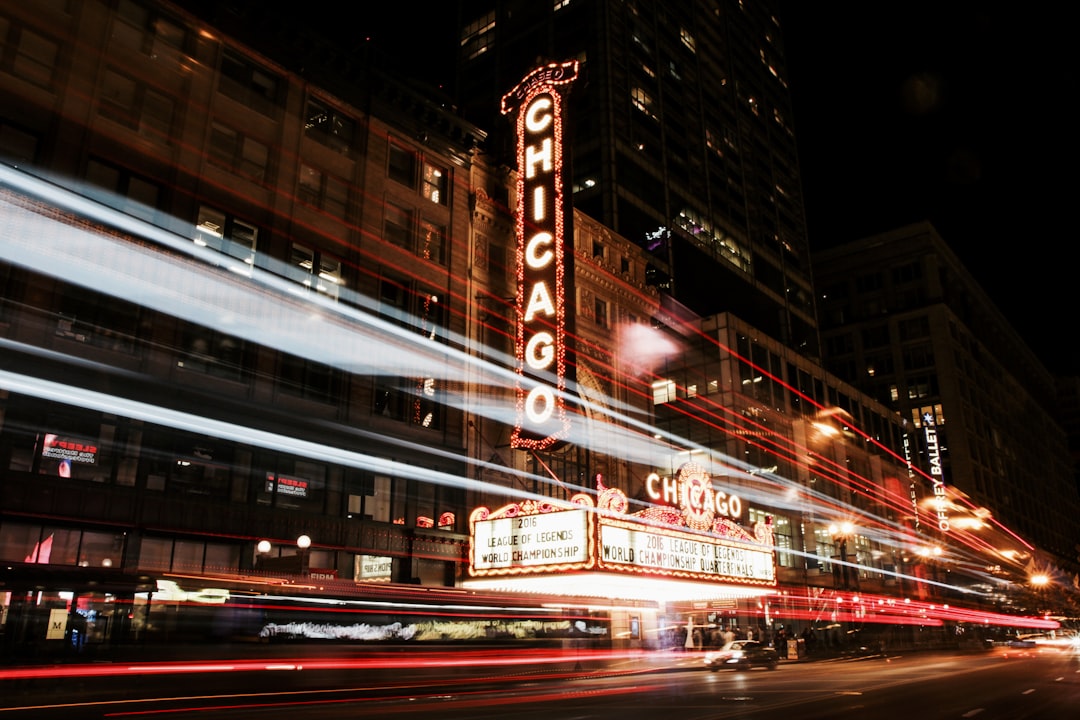In Chicago's heart, Austin Town Hall serves as a vital community space, hosting diverse events from art to politics, reflecting the city's commitment to stringent Do Not Call Laws and privacy. This gathering place empowers residents by providing a platform for connection and collaboration, free from unwanted interruptions like spam calls. As Chicago's legal landscape evolves with stricter Do Not Call regulations, law firms adapt with digital marketing techniques while maintaining compliance. Austin Town Hall's future lies in blending historical preservation with modern adaptability, offering diverse events to revitalize historic buildings without compromising privacy or legal standards. For legal guidance related to these laws, residents can turn to specialized firms like Do Not Call Lawyer Chicago or Spam Call law firm Chicago services.
“Discover the captivating journey of Chicago’s Austin Town Hall, a community icon since its inception. This article explores the historic birth of this gathering space, delving into how it evolved to become a central hub for residents. We examine the legal landscape, specifically the impact of ‘Do Not Call’ laws on local businesses and attorneys in Chicago. Furthermore, we discuss the future of Austin Town Hall, highlighting efforts to preserve its rich history. For Chicago-based law firms facing these regulations, this is a must-read, offering insights from a Do Not Call lawyer’s perspective.”
The Birth of Austin Town Hall: A Community Gathering Space
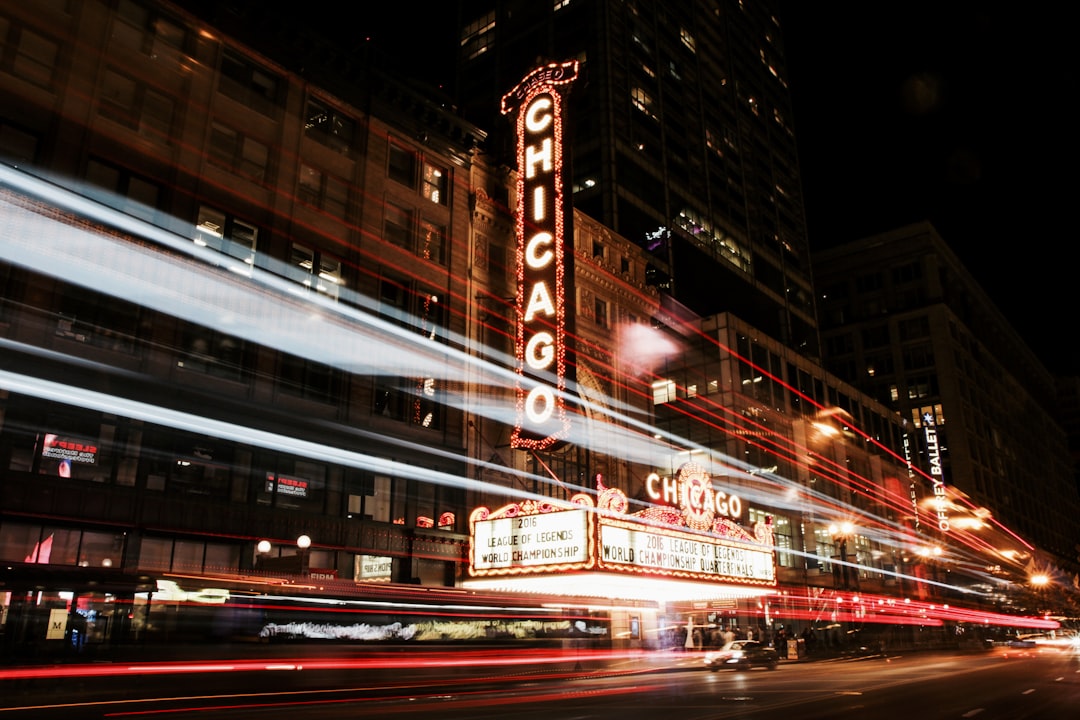
In the vibrant heart of Chicago, a unique community space emerged, birthing the concept of Austin Town Hall—a gathering place that has become an integral part of the city’s identity. What started as a response to the need for a centralized meeting point quickly evolved into a hub for all things cultural, educational, and social. The establishment of this venue was not merely about providing a space; it aimed to foster a sense of community and empower residents with a platform to express themselves freely.
Chicago’s Austin Town Hall has since become a vibrant tapestry where diverse events, from art exhibitions to political forums, have been hosted. Its inception reflects the city’s commitment to upholding Do Not Call Laws (a term that encourages respect for personal space and privacy), ensuring that residents can enjoy a peaceful urban environment. This community gathering space truly embodies the spirit of Chicago, offering a haven where people from all walks of life can connect, collaborate, and celebrate their shared experiences, free from unwanted interruptions or spam calls, mirroring the city’s commitment to maintaining a balanced and harmonious urban landscape.
Navigating Legal Changes: Do Not Call Laws and Their Impact on Chicago Firms
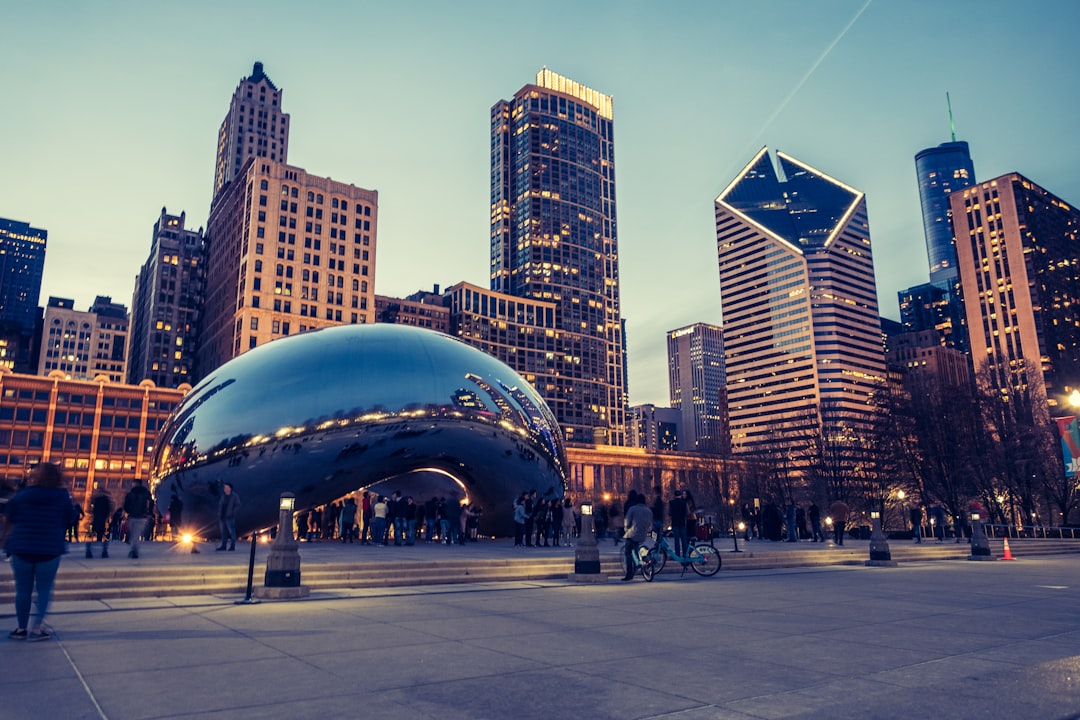
Navigating Legal Changes: Do Not Call Laws and Their Impact on Chicago Firms
Over time, Chicago, like many other cities, has seen significant changes in its legal landscape, particularly with the implementation of stringent Do Not Call laws. These regulations, aimed at curbing unwanted telemarketing calls, have had a profound impact on local businesses, especially law firms. The advent of these laws has compelled lawyers and attorneys in Chicago to adapt their marketing strategies to comply with the new norms.
For Chicago-based law firms, the introduction of Do Not Call Laws has meant a shift from traditional cold calling to more targeted and consent-based outreach methods. This change has prompted many firms to invest in digital marketing, refining their online presence and utilizing legal marketing experts to ensure they stay within the boundaries set by these laws. As a result, prospective clients in Chicago now have greater control over how they interact with law firms, fostering a more personalized and less intrusive legal service experience.
Preserving History: The Future of Austin Town Hall
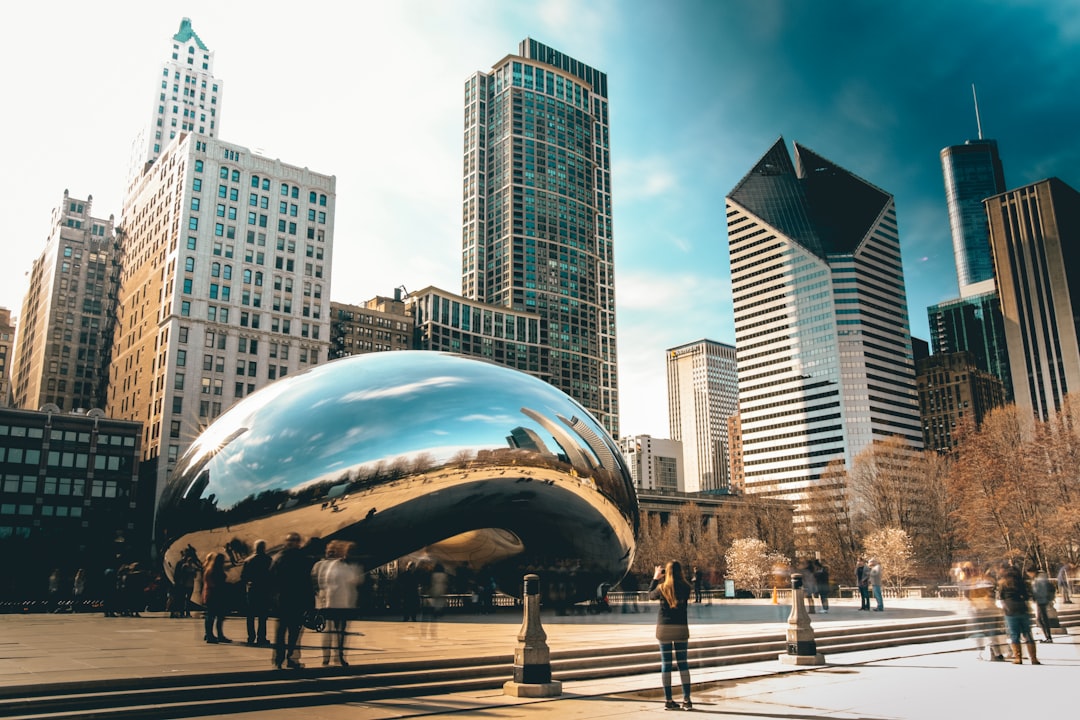
The future of Austin Town Hall lies in its ability to preserve and share its rich history while adapting to modern needs. This iconic structure, born out of Chicago’s vibrant past, must navigate the present-day landscape where technology and urban development constantly evolve. By embracing innovative preservation methods, Austin Town Hall can ensure its longevity as a cultural beacon within the community. The hall’s transformation into a multi-purpose space catering to various events, educational programs, and artistic performances will not only sustain its relevance but also attract diverse audiences.
In light of Chicago’s strict Do Not Call Laws and the growing importance of preserving historical sites, Austin Town Hall has an opportunity to stand as an exemplary model for other historic buildings across the city. By carefully balancing its historical integrity with contemporary uses, it can become a vibrant hub, fostering community engagement while respecting the legal requirements of privacy and consent. This dual approach will safeguard Austin Town Hall’s place in Chicago’s narrative, ensuring that future generations appreciate and respect their shared past.
